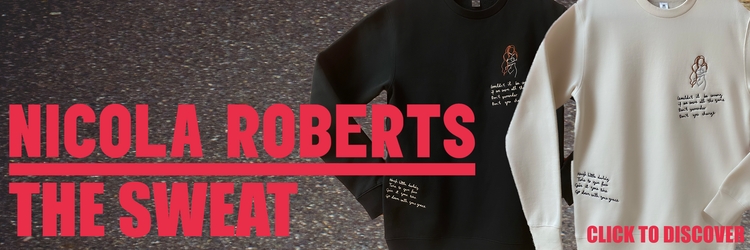Last night, Nicola attended Winter Wonderland in Hyde Park for the VIP Preview before it opens its doors to the public.
She went along with friend Shane Cooper, and met Nadine Coyle there!
She posted on her IG stories a little clip of them on a ride together, which made the fanbase go crazy over on twitter!
Nicola’s IG story 18/11/21
Nicola is with Shane Cooper and Nadine Coyle at London’s Hyde Park Winter Wonderland pic.twitter.com/QT7zzPS30v
— Nicola Roberts Media 🎗 (@NRobertsMedia) November 18, 2021
I’ve added 9 HQs over on the gallery, click the link below to take you there:
> Appearances > 2021 > November 18th – Hyde Park Winter Wonderland VIP Preview



![[GALLERY] Shane Cooper X The London EDITION](https://nicolarobertsmedia.com/wp-content/uploads/2021/11/nicolarobertsmedia-004.jpg)
![[GALLERY] Pride of Britain Awards 2021](https://nicolarobertsmedia.com/wp-content/uploads/2021/10/Panorama.jpg)
